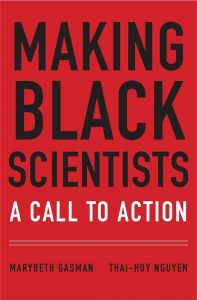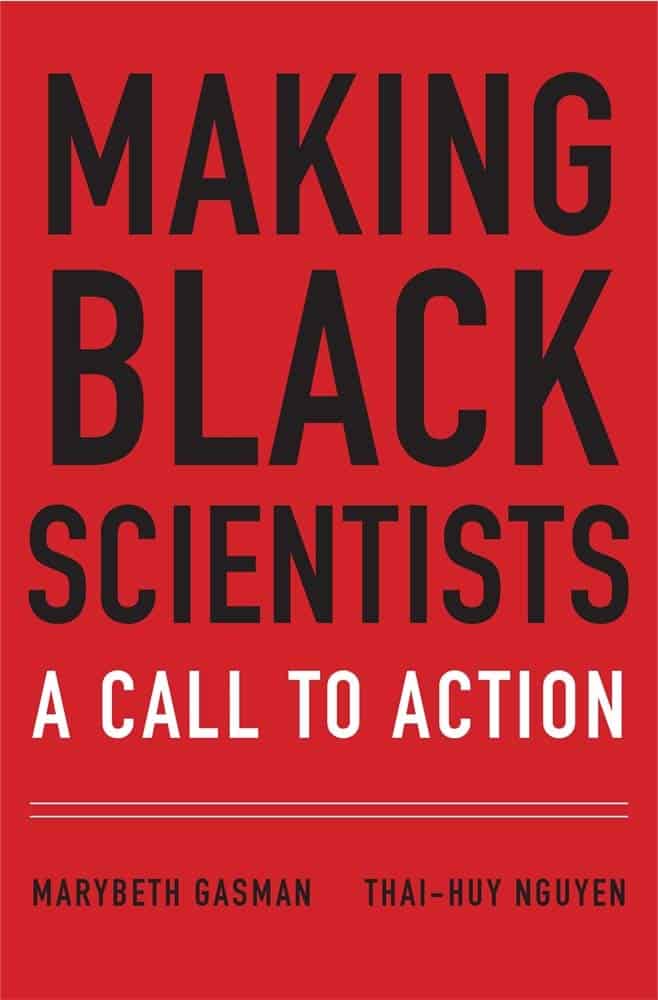
After #ShutDownAcademia, #ShutDownSTEM, and #Strike4BlackLives on Wednesday, June 10, 2020, there is a need to continue education and action about anti-racism. The CEO of American Association for the Advancement of Science, publisher of the journal Science, said that “When we hold up a mirror to the scientific enterprise, we see that it’s not only politicians and law enforcement that need to be reminded that Black lives matter.” A forthcoming special issue of Nature will be dedicated to exploring systemic racism in research, research policy and publishing in support of the Black lives matter movement. The sciences have not been impervious to racism, and there are resources for anti-racism education specifically for the sciences that will help all of us to create a better and more just world.
This past year Iowa City Darwin Day recorded two workshops about teaching biology without racial prejudice that have been recorded and are freely available for streaming online. The workshops are “Playing With Fire? How We Perpetuate Biological Beliefs About Race in the Classroom and How We Can Avoid It” and “Genomics Literacy Matters: Teaching Genomics to Prevent Racial Prejudice.” Additionally, there is an article in the New York Times about the curriculum taught by the workshop leaders called “Can Biology Class Reduce Racism?” which explains the necessity for classroom education that racial differences in achievement and other disparities are not due to genetics.
In the ebook Making Black Scientists: A Call to Action, Marybeth Gasman and Thai-Huy Nguyen offer ideas to help support and advance future black scientists based on their observations of successful outcomes at historically black colleges and universities. In Sisters in Science: Conversations with Black Women Scientists about Race, Gender, and Their Passion for Science and Notable Black American Scientists, learn the about stories of black scientists to amplify their voices and to inspire those who will follow in their footsteps. To find more in InfoHawk+, search on keywords such as Black scientists, African American scientists, minorities in science, or ask a librarian for assistance (lib-sciences@uiowa.edu).
The UI Libraries Antiracism guide provides information about understanding racism, resources for antiracist allies, support resources for people of color, and resources for parents and educators. This guide and the resources within it are meant to inspire reflection, education, and action for the University of Iowa community and beyond.
